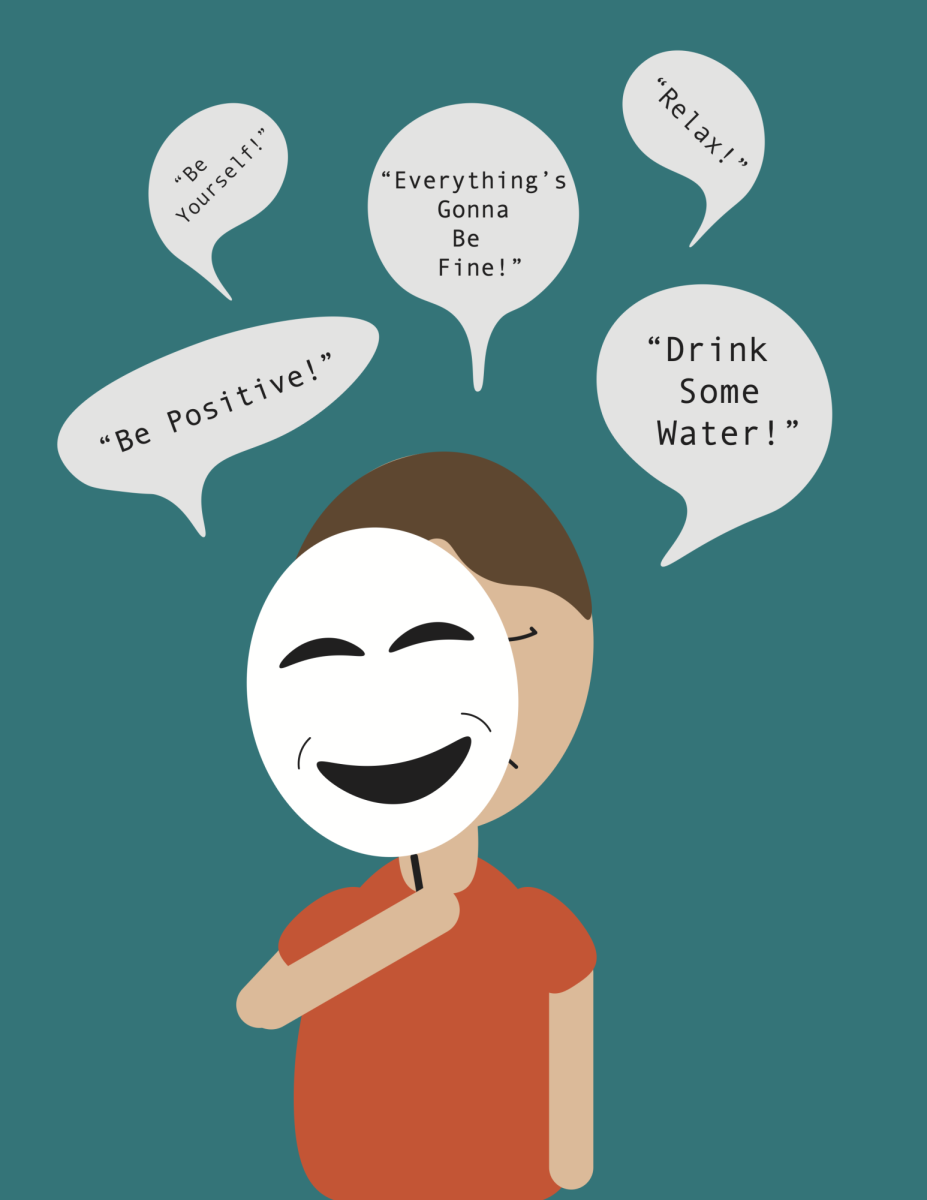Recently, the New York Times had a powerful opinions editorial from Jeanne Theoharis titled: “What King Said About Northern Liberalism.” Although many people may argue that the race issues from the 1960’s during Dr. King’s time is a thing of the past, a lot of what Theoharis touches on from Dr. King’s words still resonate today, if not more than they did in the past.
In this editorial Theoharis focuses on Dr. King’s hatred for the “moderate north.” As Dr. King put it: “ the white moderate, who is more devoted to order than justice [was more of an impediment than] the White Citizens Counciler or the Ku Klux Klan”
Dr. King obviously wasn’t implying that hate groups are worse than moderates but he was definitely implying that the white moderates of the time did not admit to their racism.
This moderate racism is even worse today than it was back then. You here many people claiming that they’re not racist because they have a “black neighbor” or a “mexican friend.” Yet you’ll also see these people not caring for the issues of their black neighbors or mexican friends; you’ll see them dislike policies that may help ethnic minorities such as affirmative action or DACA.
In my FYI class we’ve been discussing race issues like these and reading scholarly articles from reputable researchers about why racism exists, and how there’s evidence that it still is a prevalent issue today. This evidence has shown that discrimination has not gotten better even if people explicitly are less ignorant when it comes to racism.
Basically there’s two types of racism that goes on in the human-mind: explicit and implicit. Explicit bias is what you are consciously aware of, whereas implicit bias is unconscious. Research has shown that everyone has some sort of implicit bias towards minority groups and groups that they aren’t as familiar with. This implicit bias can be seen everywhere from the job-world to small things in your everyday life.
In relation to Dr. King’s beliefs, explicit bias was getting better, especially in the north during the 1960’s but implicit bias was either stagnant or only getting slightly better.
Today, it’s socially unacceptable to be explicitly racist, and many people pride themselves for being open and explicitly unbiased. Yet these people don’t realize they might accidentally be implicitly racist.
The sad reality is there’s actually no known way to get rid of your implicit bias once you’re aware. One small way shown to possibly be slightly effective is if you try to change your bias because you want to improve as a person, and not just because society sees it as socially unacceptable. However this still isn’t an easy fix, and more people struggle with empathizing with other minority groups than one may think.
In today’s world if we don’t heed the words of Dr. King, the racial divide in America will never be fixed. The best we would get is everyone explicitly being “accepting” but implicitly minority groups will still always be seen as “less.”
Sadly, we can’t fully change our implicit biases, but if we become aware of them, we at least can dig deep in ourselves to try to improve, or at least recognize moments where we may have let our implicit bias get the best of us. As Dr. King would want, we can’t see ourselves as “better” than explicit racists just because we don’t explicitly show racism. In order to be better the first step is recognizing that we aren’t as perfect as we think.
Abbey Mondi • April 24, 2024

Jack Brandt • April 24, 2024
April 24, 2024
Maranda Bargren • April 24, 2024
We’re all implicitly racist
January 30, 2019
View Comments (3)
More to Discover
















































































































Outside Looking IN • Feb 1, 2019 at 5:33 pm
Please study the difference between BIAS and PREJUDICE. You are confusing the two.
Scott • Feb 1, 2019 at 3:44 pm
Curious as to what sources you used to decide what Dr. King was implying. That is a very subjective, dangerous and irresponsible approach to reporting. If the school truly wanted to objectively look at racism they would have a class on the historical facts of how the Democrats from before the civil war through VanBuren, Wilson (whose policies towards the blacks were used by Hitler as his template for his treatment of the Jewish), FDR (who used Mussolini’s use of fascism as his model for the New Deal), how Democrats voted fully against the 13th 14th and 15th amendments and continued to ignore said amendments which caused the Civil Rights actions of the 60s and how the Democrats started a welfare program that rewarded unwed mothers. To ignore these objective documented facts and much more is to indoctrinate students into a way of thinking instead of actually teaching critical thinking used to discern fact from fiction throughout life.
Giselle Barajas • Feb 10, 2019 at 1:45 am
There are multiple scholarly articles/research from Databases. One is from Hamilton and Gifford called the “illusory correlation in interpersonal perception” where it proves people always attribute more undesirable traits with minority (smaller groups) over majority groups (They created fake groups so it’s objective from race or anything else). Theres another about the regulation of explicit and implicit race bias from Devine et al., also one titled “Policy implications of Implicit Social Cognition” proving that black names in resumes are 50% less likely than white names in resumes to get called back for interviews, and that people favor their own groups over other groups distinct from their own by Nosek and Riskind. Theres also tons more if you look up implicit and explicit prejudice on a database!
Referring to your historical facts about democrats. A lot of what you said is incorrect I took AP US History in high school. The democrat and republican parties switched a few times. We learned that republicans during the civil war reflect the values of current democrats today, and vice versa so the republicans of the past are actually the democrats of today according to historians.
No professor nor no teacher has indoctrinated their students in my experience. Studies such as the ones I showed are actual statistics and studies done that provides actual factual evidence towards racism.
Lastly, if you got the message of this opinions article, you’d know that by saying we’re all implicitly racist I’m recognizing I have these faults of my own as well. According to these studies I myself have prejudice and bias towards other groups without consciously knowing myself. We all do.